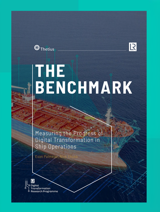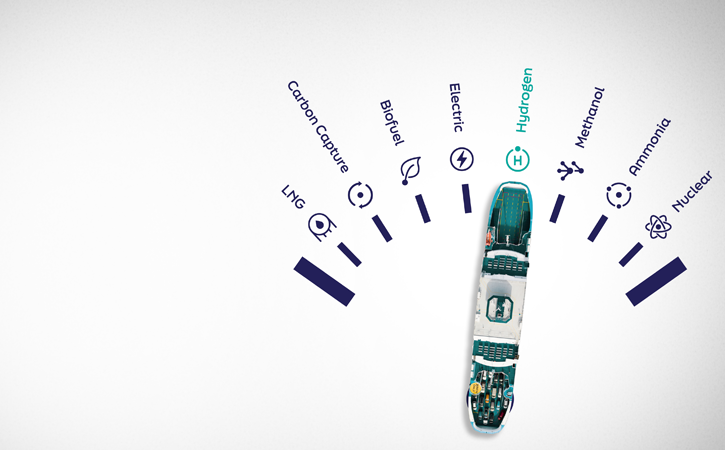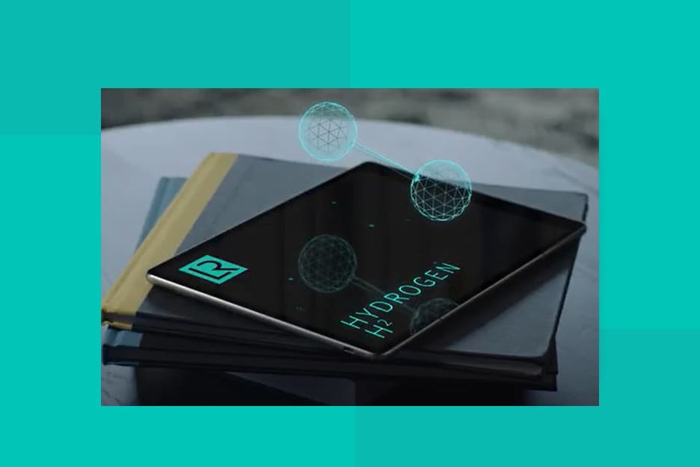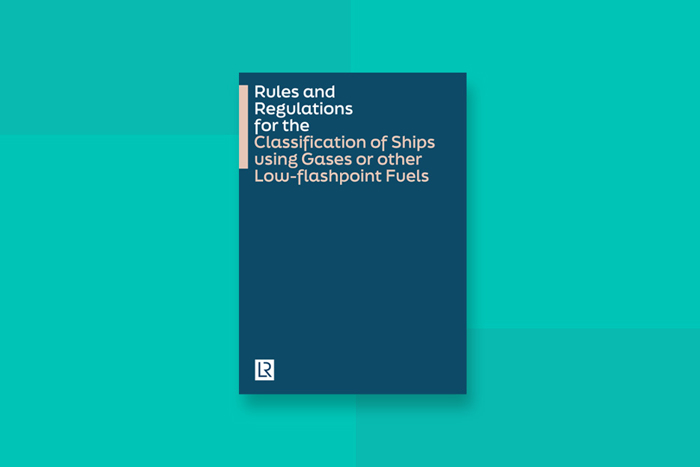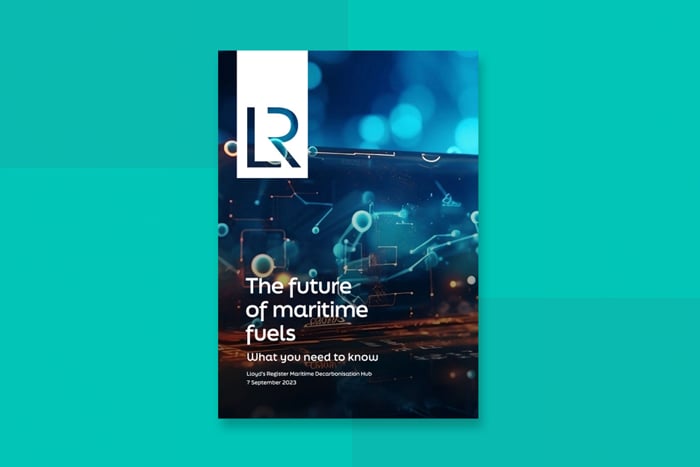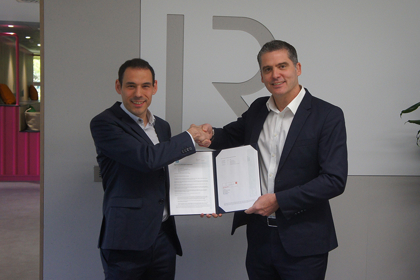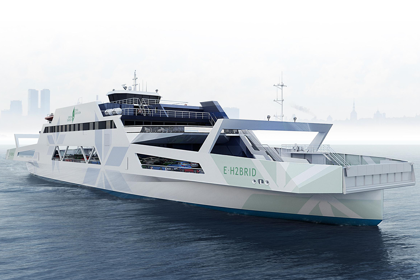Hydrogen fuel for ships: The future of zero-emission shipping
As the shipping industry is exploring cleaner alternatives to traditional fuels. Hydrogen emerges as a promising candidate, offering the potential for zero-emission operation. Green hydrogen, produced through electrolysis powered by renewable energy, could hold the key to sustainability. When used in fuel cells, it generates electricity with only water vapor as a byproduct, eliminating harmful pollutants.
Hydrogen as fuel for ships: advantages and challenges
Hydrogen's low energy density compared to conventional fuels necessitates larger storage tanks, impacting ship design and cargo capacity. Additionally, the technology is nascent, with infrastructure for production, distribution, and bunkering still in its early stages. Several initiatives are underway with pilot projects of hydrogen-powered vessels potentially demonstrating the feasibility of this technology. Research focuses on improving storage methods and developing efficient engines.
While pure hydrogen might struggle with long-distance journeys, it could be suitable for short-sea shipping or powering port equipment. Additionally, hydrogen derivatives like ammonia, with higher energy density, are also being explored.
The road to decarbonising maritime transportation is long, but hydrogen offers a promising path with the potential to significantly reduce the industry's environmental footprint. Continued development and collaboration are crucial to overcome existing challenges and unlock the full potential of hydrogen as a clean fuel for shipping.
Latest content, downloads and tools
Back to: Fuel for thought hub





